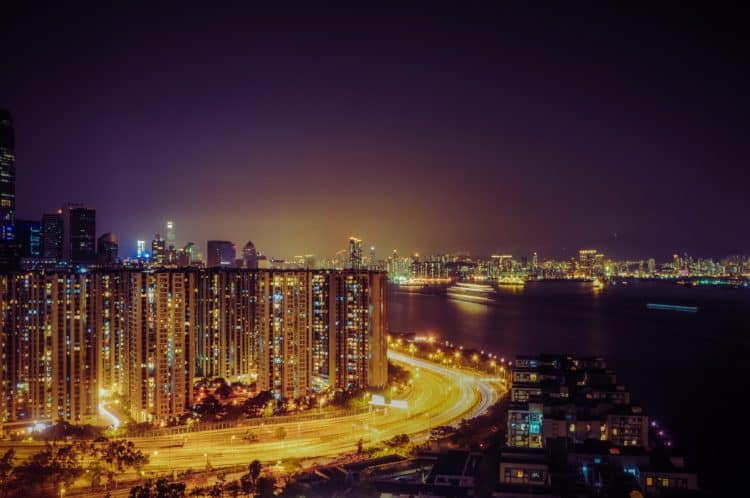The prolonged protests and the unresponsive government in Hong Kong have made investors and businesses worry about the peg between the Hong Kong dollar and the US dollar, which has existed for 36 years.
The peg allows the HKD to float in the band of 7.75-7.85 per USD, a range set by the Hong Kong Monetary Authority, the de facto central bank in the city, since May 2005.
But Iris Pang, economist, Greater China at ING doesn’t think the peg will change.
“The HKD is governed by a linked exchange rate system, which is written into the Basic Law of the Hong Kong Special Administrative Region,” she said. "What can be changed is the linked currency, which is now the US dollar, and the range of the linked exchange rate level.”
In addition, the HKD is freely traded internationally, which is important for China to do businesses with the rest of the world, she observed. “We expect the HKMA to stick to the existing linked exchange rate system, now more than ever,” she noted.
Without a policy interest rate, the rate of Hong Kong is driven by the inflow and outflow of money.
When the HKD weakens to 7.85, the HKMA purchases the currency and that results in a fall of the HKD liquidity. Interest rates will then rise versus the greenback.
This higher rates should attract capital inflows and keep the exchange rate between the 7.75 and 7.85, Pang explained.
While the linked currency can be changed, Pang said this could trigger speculation about further changes, create betting on USD/HKD, and hurt the HKMA’s credibility at the same time.
“As such, it is not an appropriate policy action at this time, particularly because it would do nothing to address the demands of protestors,” she said.
She added that HKMA has enough exchange funds to defend the peg via market channels—spot and derivatives—and it has experience in defending the peg successfully, as seen in the Asian financial crisis in 1998.
HKD and interest rate forecasts
ING also predicts that the HKD’d strengthen from the current 7.84 level to 7.82 by end of 2019, expecting some mega sized IPOs to be listed in Hong Kong SAR in the second half of the year.“
“For the same reason, we expect the three-month HIBOR to increase from 2.35 to 2.55 by end of this year,” she said.




